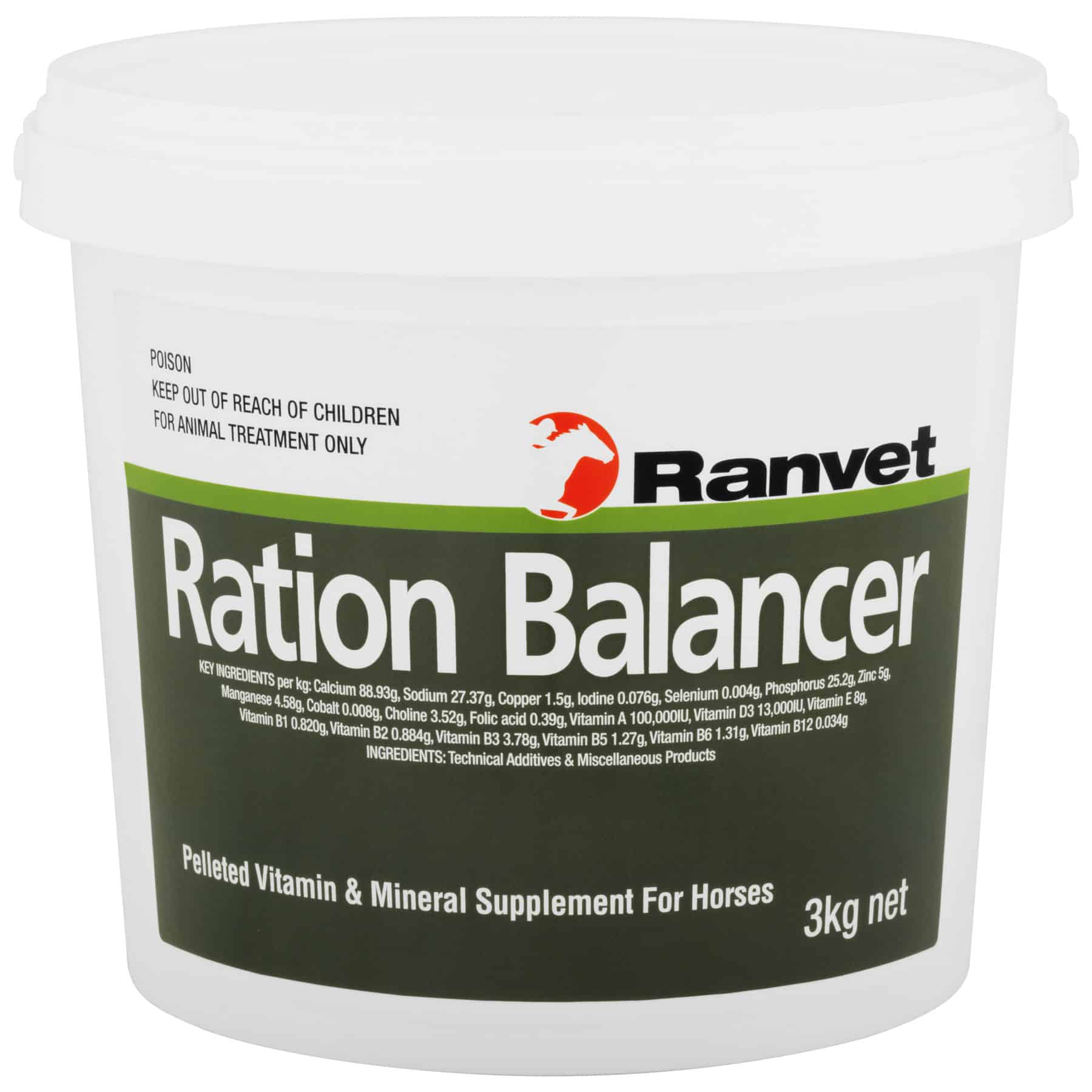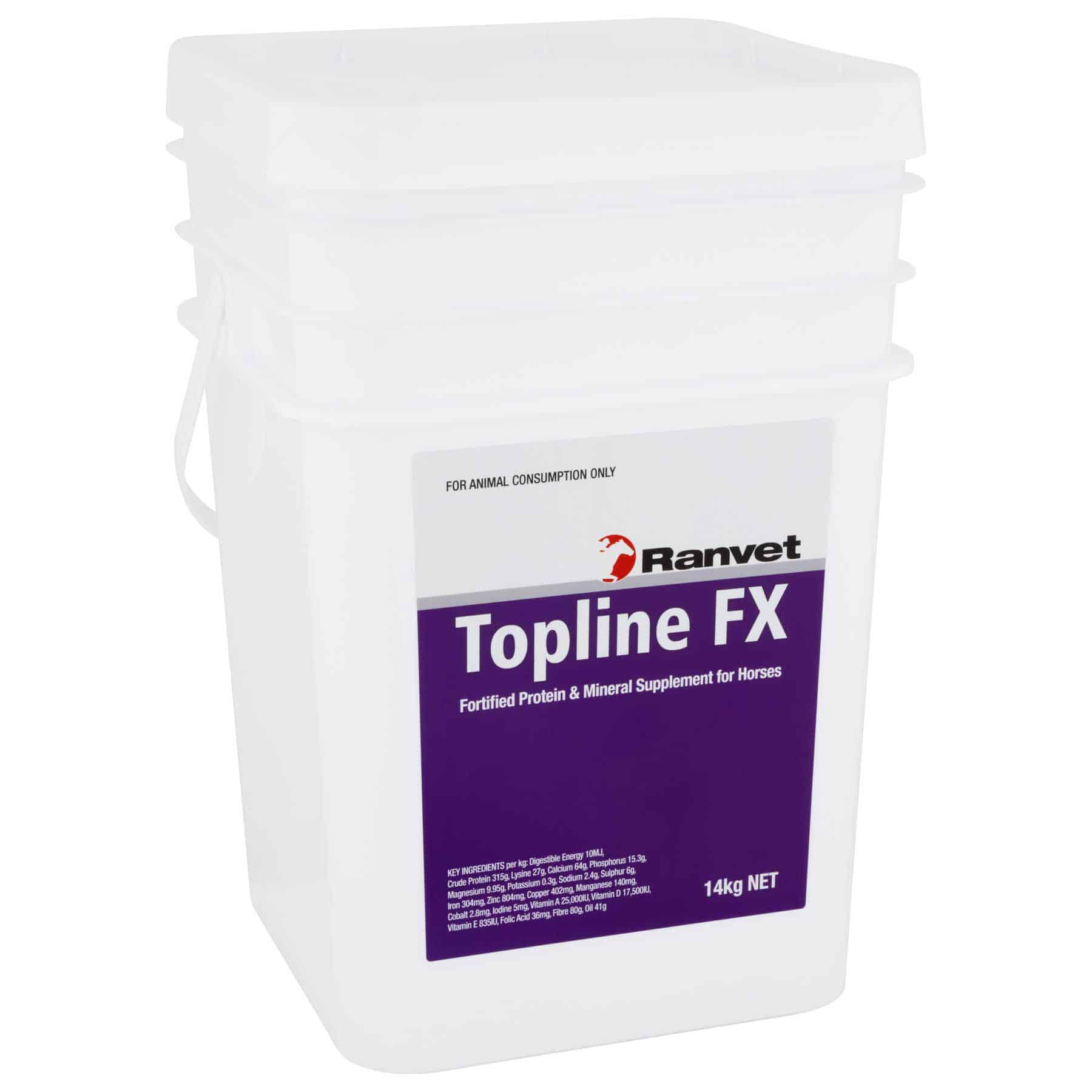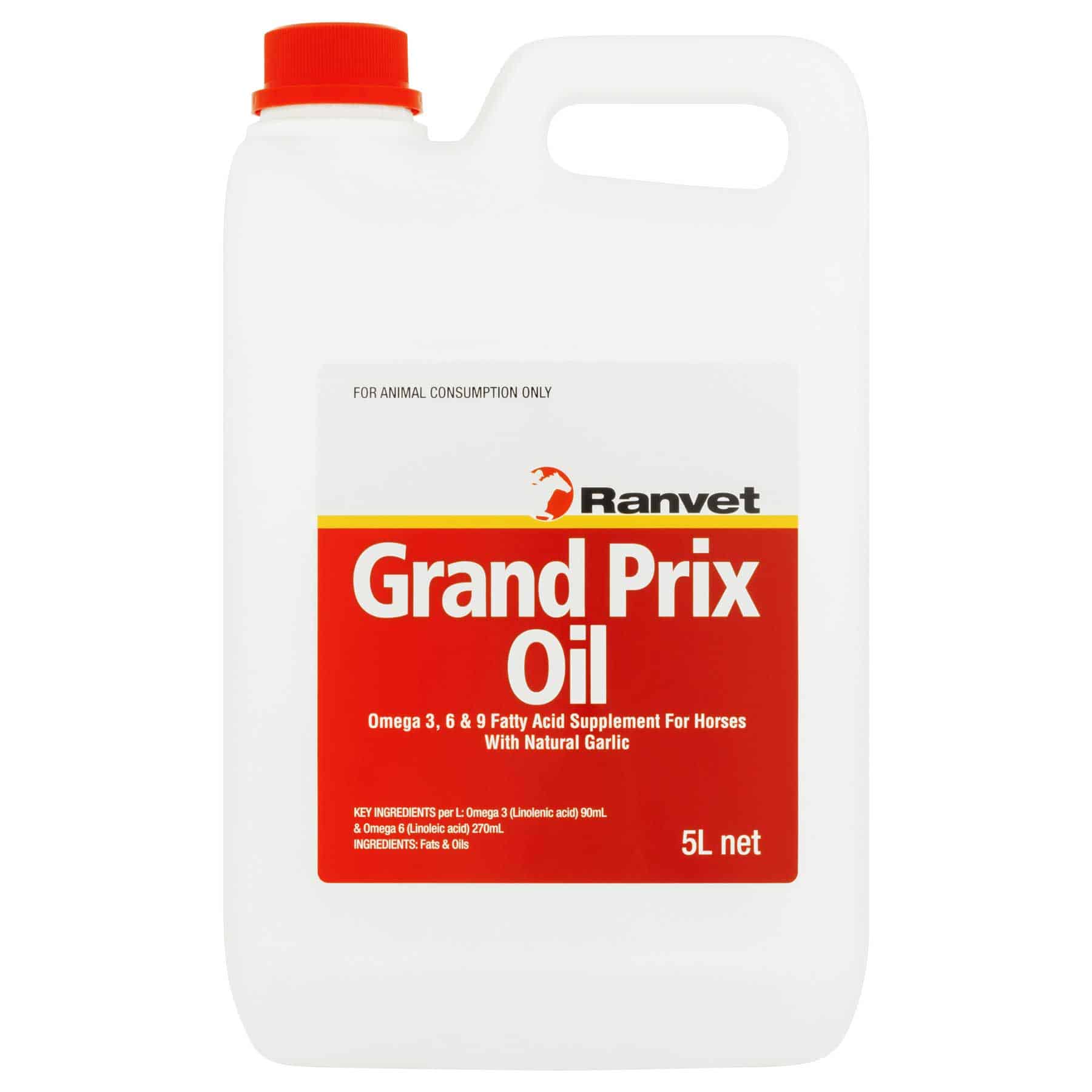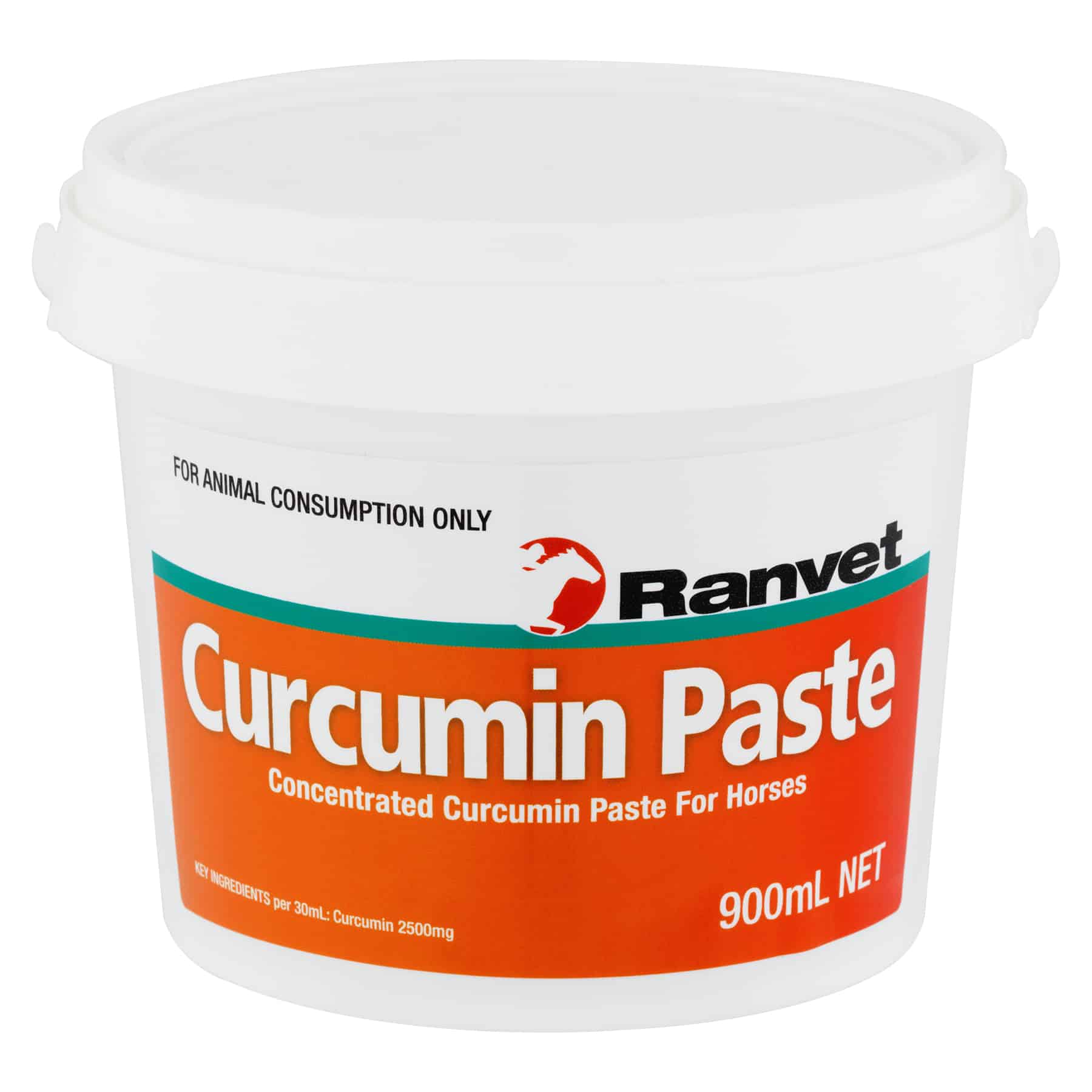Feeding the Geriatric Horse: The Twilight Years
According to the National Research Council (NRC), a horse is considered geriatric at the age of 20. However, generally a horse is considered a senior horse from 15-16 years of age. The twilight years need not be fraught with concern, as with the correct dentition, awareness of digestive efficiency and immune function impairment in addition to implementing preventative degenerative joint disease/arthritis methods, mature horses can live happily with the right care and attention until a very old age, some well after the age of 30. Here is how nutrition can help;
Dentistry
Impaired chewing ability due to loss of teeth or poor tooth condition is the problem most commonly associated with old age. Older horses have a decreased ability to efficiently grind feed down in to small enough pieces to swallow comfortably which may lead to inefficient digestion and nutrient extraction.
Partially digested food which manages to progress through the digestive system may result in blockages causing colic. Poor dentition may also mean that it is physically painful for the horse to chew any feedstuffs. This is likely to reduce the horse’s appetite causing the horse to lose weight and condition.
Remember: To have teeth checked every 6 months.
Immunity
Immune function: Protects against parasites, bacteria, virus particles and even cancer cells.
- Immunity wanes in older horses.
- Reduced nutrient absorption may result in a loss of condition.
- Can cause rapid weight loss.
- More susceptible to viral insult ie; Equine Influenza
- Most horses carry a worm burden however this is more prevalent in the older horse.
How can you provide immune protection for your horse?
By providing a boost to the overall immune system with daily supplementation of a high quality vitamin and mineral supplement. Essential minerals and nutrients support and strengthen the immune system, many of which have potent beneficial anti-oxidant effects in addition to properties which assist the body in fighting infection and other immune system insults.
Additionally, vaccines are designed based on the specific nature of an antibody response to an antigen. In other words, the antibody will work only against the antigen that stimulated its production. A “booster” creates more antibodies, a quicker response, and longer protection. Ensure vaccination schedules are up to date in addition to implementing an effective de-worming routine making sure to alternate active ingredients.
Arthritis / Degenerative Joint Disease
From normal wear and tear, cartilage begins to breakdown. The synovial fluid begins to lose its lubricating properties and eventually, the cartilage breaks down enough that bone rubs on bone. As a result, more bone is created to strengthen the surface. In its final stages, if left unchecked, arthritis can cause the permanent fusing of equine joints.
Prevention is always better than a cure!
Top Tips for keeping your Geriatric Horse Happy and Healthy
- Ensuring your horse is always warmed-up before exercise.
- Ice boots can reduce swelling following strenuous exercise.
- Regular checkups from an Equine Physiotherapist or Chiropractor.
- Routine Veterinary visits.
Nutritional Tips
- Feed an easily digested feed like an extruded ration; Boiled/micronised/extruded barley and use a soft, leafy forage.
- Supply a good level of quality proteins.
- Supply a good source of energy.
- Offer a palatable feed.
- Consider feeds which contain yeast culture.
- Supplementation with a glucosamine and chondroitin sulphate supplement may assist in improvement of joint health and function such Ranvet’s Flexi-Joint.
- Consider a natural anti-inflammatory such as Ranvet’s Curcumin Paste.
- Consider a quality vitamin and mineral supplement such as Ranvet’s Ration Balancer.
- Act quickly on evidence of changes in condition and behaviour.
Did you know?
- Older horses will become less dominant and can often become fussy eaters.
- From 20 years onwards, a horse is labeled geriatric as its metabolism and organs have started slowing significantly.
- Some horses seem to age earlier, others later. The horse will age differently depending on the breed and lifestyle.
If you have any nutritional concerns or queries about your Geriatric Horse, please call us Toll Free: 1800 727 217 to speak with one of our expert nutritionists.
Experts in Equine Nutrition
Every product in the Ranvet range has been developed to meet a horse’s most specific need at any given time, be it in a training environment or on a breeding farm. Having pioneered the formulation of specific medications and dietary supplements for horses, the company is now recognised as a leader in the areas of equine health and nutrition.





